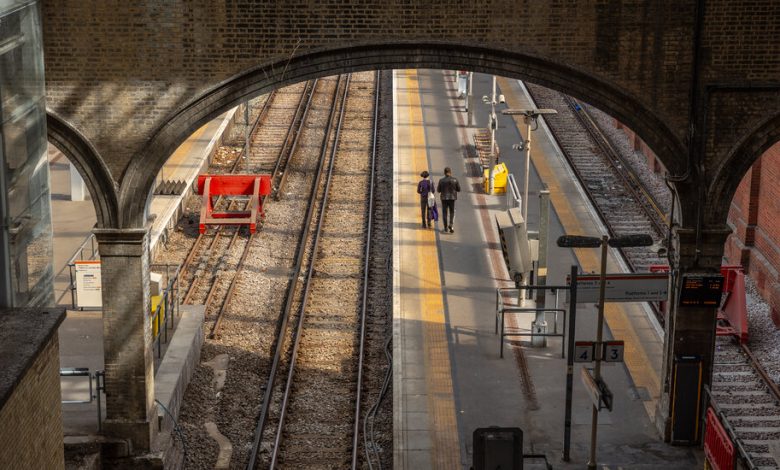Time Traveling Through London With an Impressionist Painter

In the early 1870s, an émigré painter watched from a railway footbridge as a steam engine left a station on London’s suburban fringe. His name was Camille Pissarro and he was developing a style of plein-air painting that would soon be called “Impressionism.”
Pissarro and a fellow émigré, Claude Monet, only stayed in London for a few months. By April 1874 they were among the painters holding the first Impressionist exhibition in Paris, the subject of a retrospective that runs until July 14 at the Musée d’Orsay and opens on Sept. 8 at the National Gallery of Art in Washington D.C.
But London was one of their early muses. Monet painted the River Thames and the Palace of Westminster, among other central landmarks, while Pissarro captured scenes in suburbs where houses and train tracks were replacing forests and farmland.
I have a special interest in Pissarro’s train painting because it shows the neighborhood where my wife grew up — in a Victorian home rendered as a “smudge” on the Impressionist’s canvas, as my father-in-law says.
The railway, shuttered in the 1950s, is now a nature path where our kids forage for blackberries during visits to their grandparents.